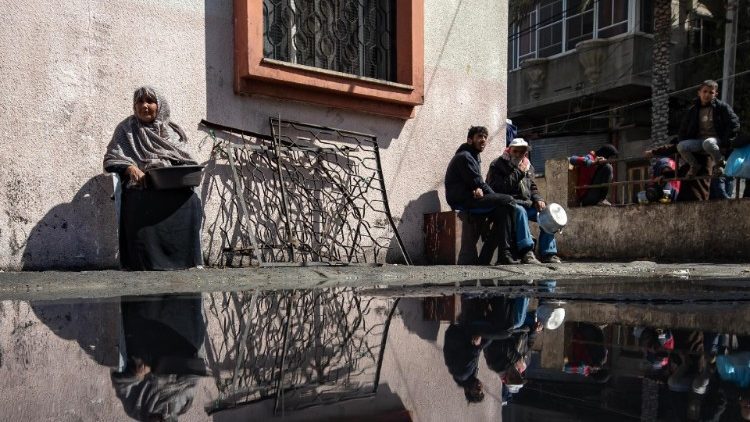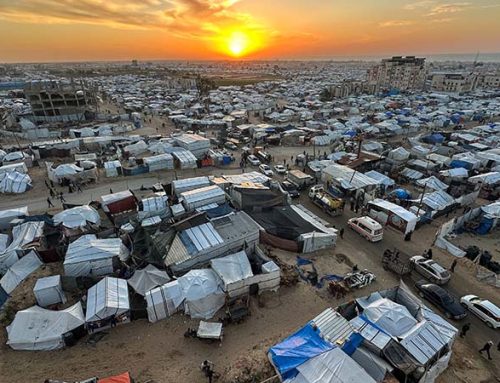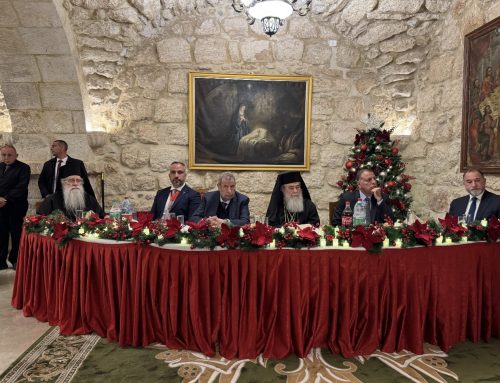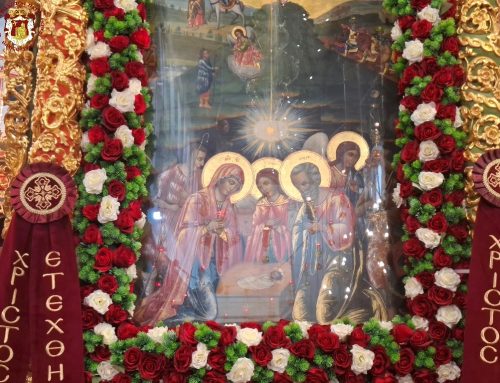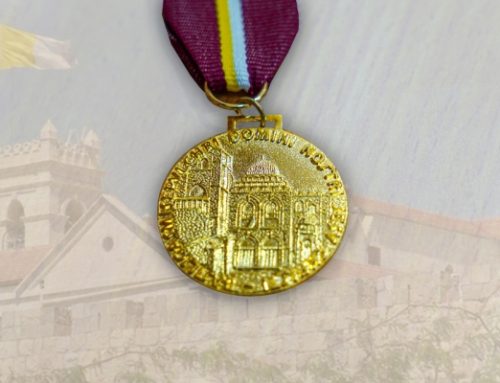Areas of southern Lebanon are shaken nearly every day by explosions of artillery fire or Israeli airstrikes in retaliation for attacks by Hezbollah.
The Lebanese Shiite movement, allied with the Palestinian Hamas, has harassed northern Israel since the beginning of the war in the Gaza Strip, which started on October 7 after Hamas made a deadly rampage in Israel.
The tit-for-tat strikes across the Lebanese-Israeli border has led the entire international community to fear an expansion of the conflict into Lebanon, which would only worsen an already difficult situation for the population.
The echoes of the war are also felt in the hearts of Palestinian refugees in Lebanon, notably those in Dbayeh, created in 1951, about ten kilometers north of Beirut. Initially, the camp hosted Christian families who fled Palestine in 1948.
In its early years, Dbayeh comprised just a few tents before concrete structures were built on the slopes of a hill. Today, it has sheltered Syrian refugee families since 2011, as well as Palestinian-Lebanese families.
‘What happens in Gaza is felt here, too’
Sister Magdalena Smet, a nun from the community of the Little Sisters of Nazareth, founded in Belgium and living the spirituality of Saint Charles de Foucauld, has accompanied refugees since 1987, along with two other Belgian sisters.
“There is a lot of anxiety and anger among the families here,” she pointed out in an interview with Vatican News. “Some of their relatives are still in Gaza; they have moved many times and are blocked in Rafah. Everything happening there is lived here.”
Besides the daily anguish, the Dbayeh camp experienced a more direct tragedy on December 16 when two women were killed by Israeli snipers at the compound of the Holy Family Catholic Parish of Gaza.
The two victims were the sister and niece of a refugee residing in the Lebanese camp. “For Christmas, half the camp dressed in black,” explained Sister Magdalena.
Georgette Masri, 38 years old, is a Christian living in Dbayeh. She lives in daily anguish because her parents are “trapped in Rafah,” she confided.
“The war forced them to move from Gaza to Khan Younis and now to Rafah where they are hiding,” said Ms. Masri. “I get news from them every day by phone, because there is no internet. The last news I have from them is that they are both sick and they cannot find medication… it is even difficult for them to find something to eat.”
Faith is the only support
Besides speaking to her parents by phone, Ms. Masri also constantly seeks ways to get them out of the Gaza Strip and reunite with them as soon as possible.
“But it’s very difficult,” she admitted. “There are smugglers who manage to exfiltrate people through Egypt, but they ask for $5,000 per person to get them out.”
So, what does one do when all efforts seem in vain?
“I have faith, and only prayer can keep us strong to endure this war,” said Ms. Masri. “I pray constantly for my parents. I have heard the Pope’s calls, and I hope he will continue to pressure for this war to stop. But I have very little hope for the Palestinian people. It’s hard to keep hope because we are always living amid war and blood.”

